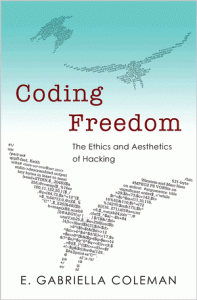“We’ve become better at choreographing ourselves and showing our best sides to the screen”
“75 percent of the world’s heads of state have a presence on Twitter”
“Forget about bowling alone: In Toffler’s future, we’d all be telecommuting together”
“A quarter million comments land in HuffPost’s assorted in-boxes every day”
“On Snapchat, sexual identity isn’t cemented through a series of boxes & menus”
“using drugged milkshakes to knock out the parents of one of the girls so they could log on to the Internet“ more...







